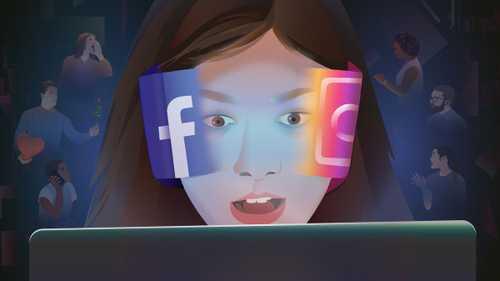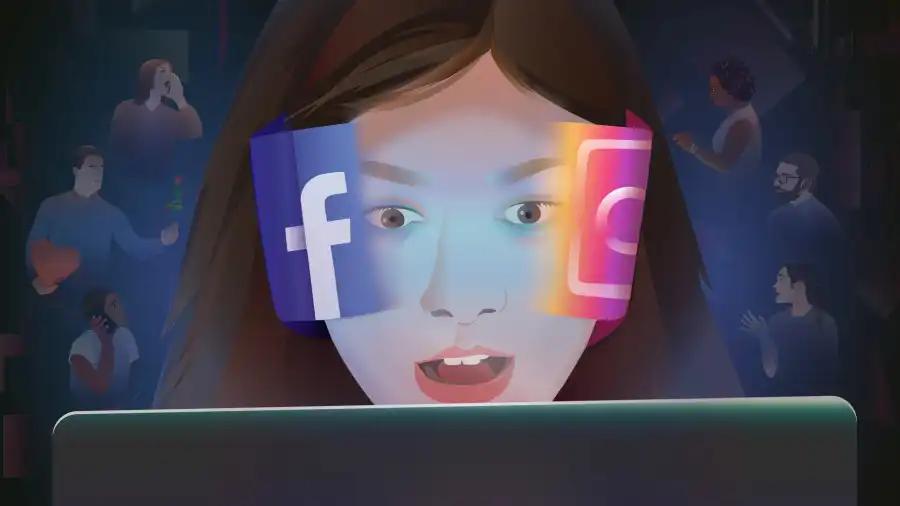It’s hard to be a moral person. Technology is making it harder.
Curated from: vox.com
Ideas, facts & insights covering these topics:
10 ideas
·1.12K reads
23
Explore the World's Best Ideas
Join today and uncover 100+ curated journeys from 50+ topics. Unlock access to our mobile app with extensive features.
Shortening Of Our Attention Spans
Digital technology is shortening our attention span, according to various studies in the past decade. It is also making us distracted to the point of absurdity.
One more negative effect of digital technology and social media on us is that we may be not paying attention to stuff that really matters, which makes us less empathetic and decreases our morality.
26
239 reads
Tech Algorithms And Design Elements
Big Tech is responsible for our entire online experience, from the stuff we find on Facebook/Instagram to what we read in the news. They incorporate design elements to add or reduce friction or tweak their algorithms to amplify or bury certain content.
Example: When Facebook ditched the old news feed which showed us content from our friends as it happened, to only show curated and selective content that they think is ‘right’ for us, it became attention manipulation(evolving into mood manipulation), which they later admitted.
25
129 reads
The Importance Of Attention
Attention requires suspension of our ego, our thoughts and requires us to open ourselves towards the other, all of which are preconditions of morality, empathy and ethical action.
Paying attention mindfully, receptively and with active listening is something antithetical to the current age of digital information overload.
27
94 reads
Social Media And The Problem Of Comparison
- Social media helps us create a fake image of ourselves that we work hard to refine and curate, attempting to make ourselves into a brand.
- This narcissistic tendency in many of us does not incorporate any ethical or moral values.
- Social media encourages comparison, which impacts our psychological health as it sucks our happiness.
- When we see people having a ‘great’ life on their Instagram posts, we continue to scroll, hoping to find something else to counteract the envy.
- We end up posting something great about our lives in a semi-fake status update.
23
79 reads
The Curiosity Gap
The notifications which count the number of unread emails/messages/requests/reactions behave like a slot machine. This is because we cannot see the whole story, and have succumbed to a Curiosity Gap.
The bell icon on Twitter often has a few unread notifications highlighted in red. It gets our attention because we are tempted to close that gap in our knowledge.
Now that unread notifications, missed calls, unattended emails and texts have cropped up at 25 different places at any given time, our attention is fragmented and highly degraded.
26
71 reads
Persuasive Technology
Digital enhancements like one-click shopping, infinite scrolls, under two-hour deliveries, video recommendation algorithms, are all designed by well-paid experts to make us scroll, click, engage and shop more on their platforms. Our attention is their currency, so they invest a lot in removing friction in areas that are beneficial for them, not us.
Making a digital product or service more addictive is a full-time job of Big Tech, something which is helping downgrade us by scattering our attention and eroding our empathy.
26
140 reads
Degrading Of Real Conversation And Empathy
- Merely having a smartphone in front of us, even if it is not being used, is enough to make any interaction we have with a friend sitting next to us distracted and hollow.
- It is hard to invest in each other if at any time a phone call or message can stop our conversation.
- Digital technology divides our attention and channels it towards whatever is convenient and profitable for the companies.
- Humans are mere guinea pigs.
26
63 reads
Two Movies Playing At The Same Time
Big Tech has realized a critical flaw in most of us:
We prefer stuff that confirms our existing belief(the affirmation feed) and dislike stuff that provides us with new, challenging, complex and counterintuitive views of reality(the confronting feed).
By narrowing down our attention to what big tech wants us to see, we also end up narrowing our morality, unable to see real, genuine perspectives.
24
87 reads
The Failure Of Positive Apps
Many apps aimed to increase morality, kindness, family time and good values fail to take off, as they lack the gamification and addiction design elements we have gotten used to.
Big Tech is winning, but there is hope. The recent antitrust charges against Facebook and Google aim to regulate attention-stealing practices to some extent.
24
82 reads
IDEAS CURATED BY
Carrie Mckay's ideas are part of this journey:
Learn more about technologyandthefuture with this collection
The importance of networking in podcasting
How to grow your podcast audience
How to monetize your podcast
Related collections
Similar ideas
10 ideas
4 ideas
Read & Learn
20x Faster
without
deepstash
with
deepstash
with
deepstash
Personalized microlearning
—
100+ Learning Journeys
—
Access to 200,000+ ideas
—
Access to the mobile app
—
Unlimited idea saving
—
—
Unlimited history
—
—
Unlimited listening to ideas
—
—
Downloading & offline access
—
—
Supercharge your mind with one idea per day
Enter your email and spend 1 minute every day to learn something new.
I agree to receive email updates


